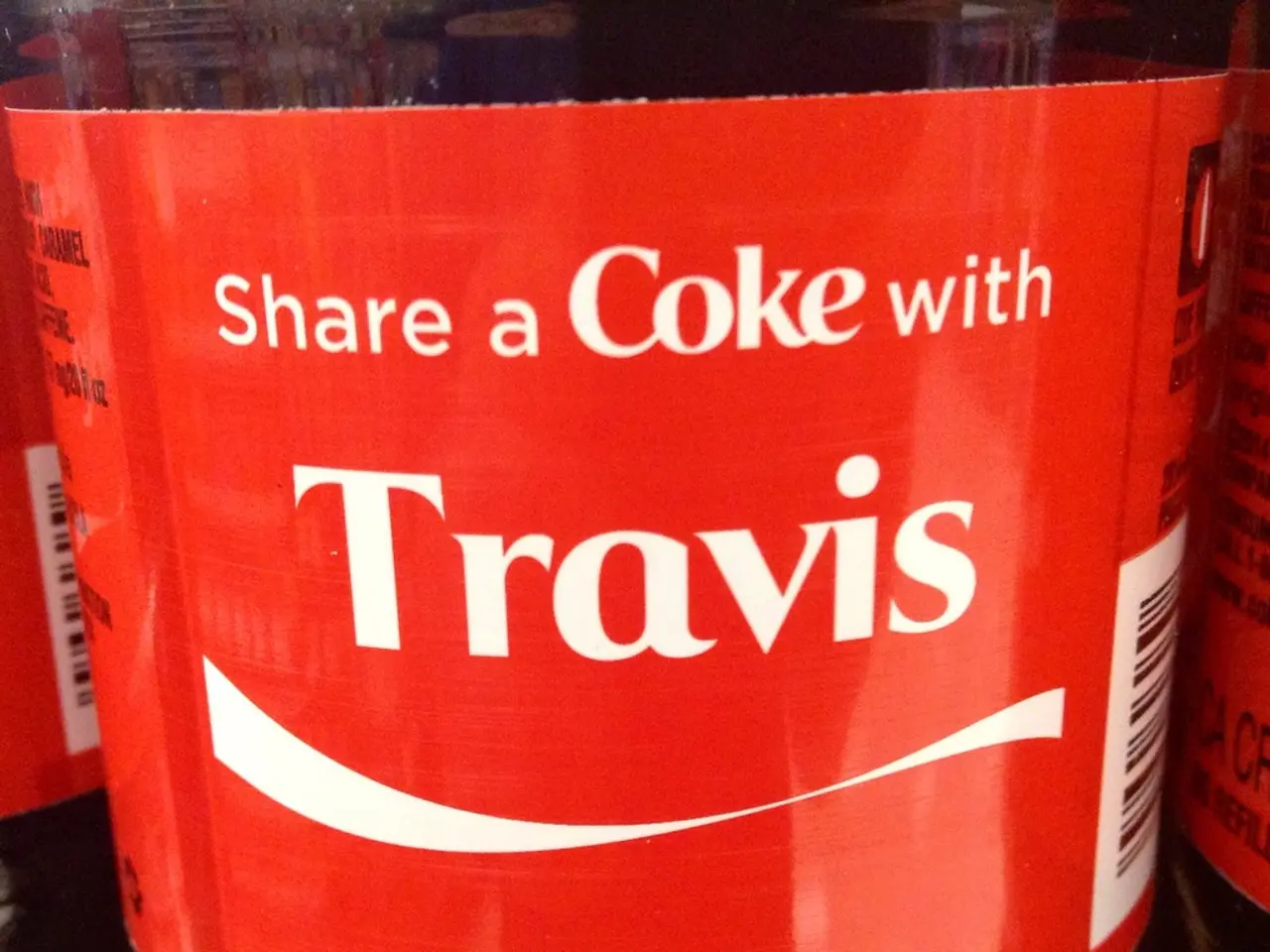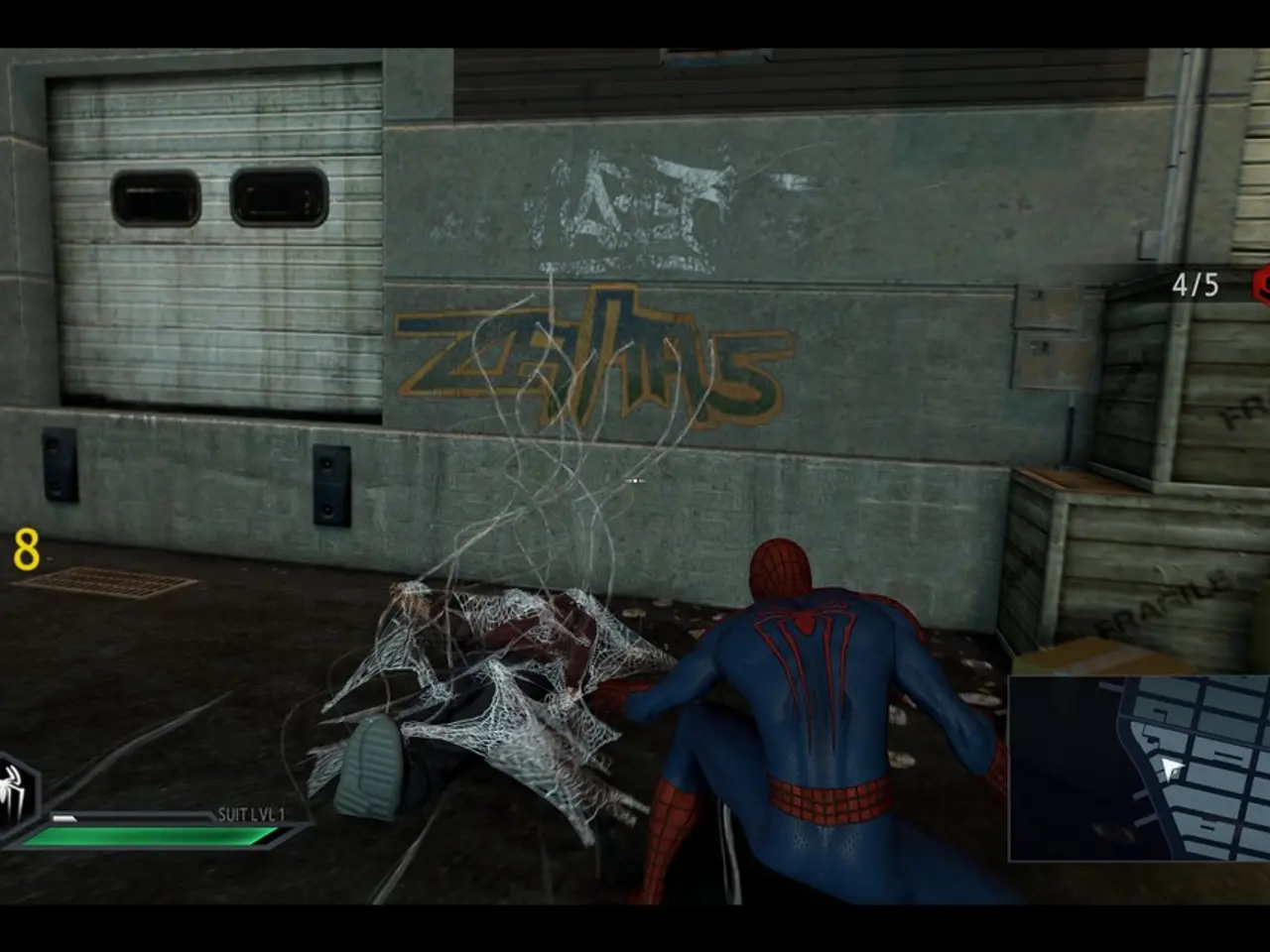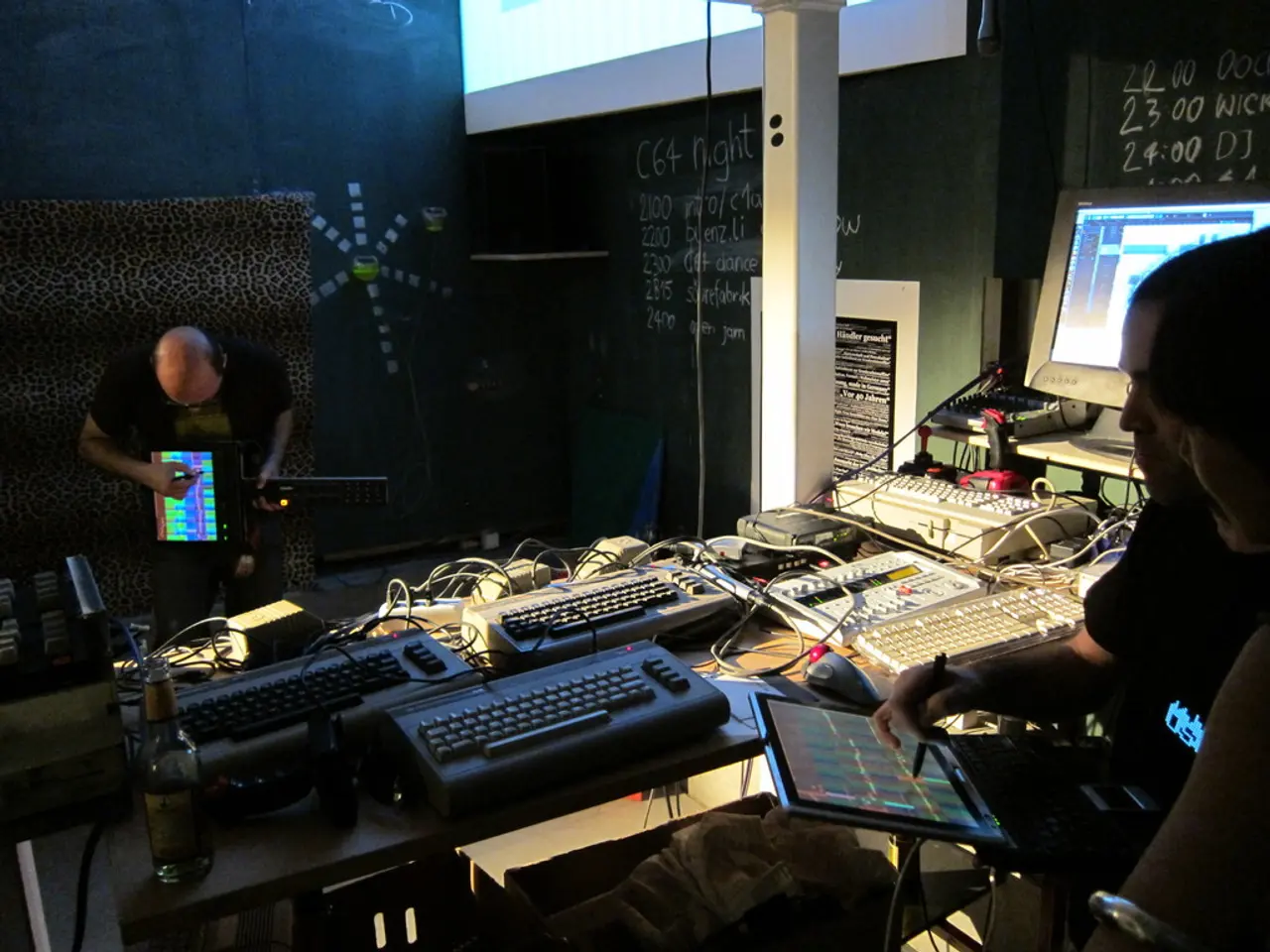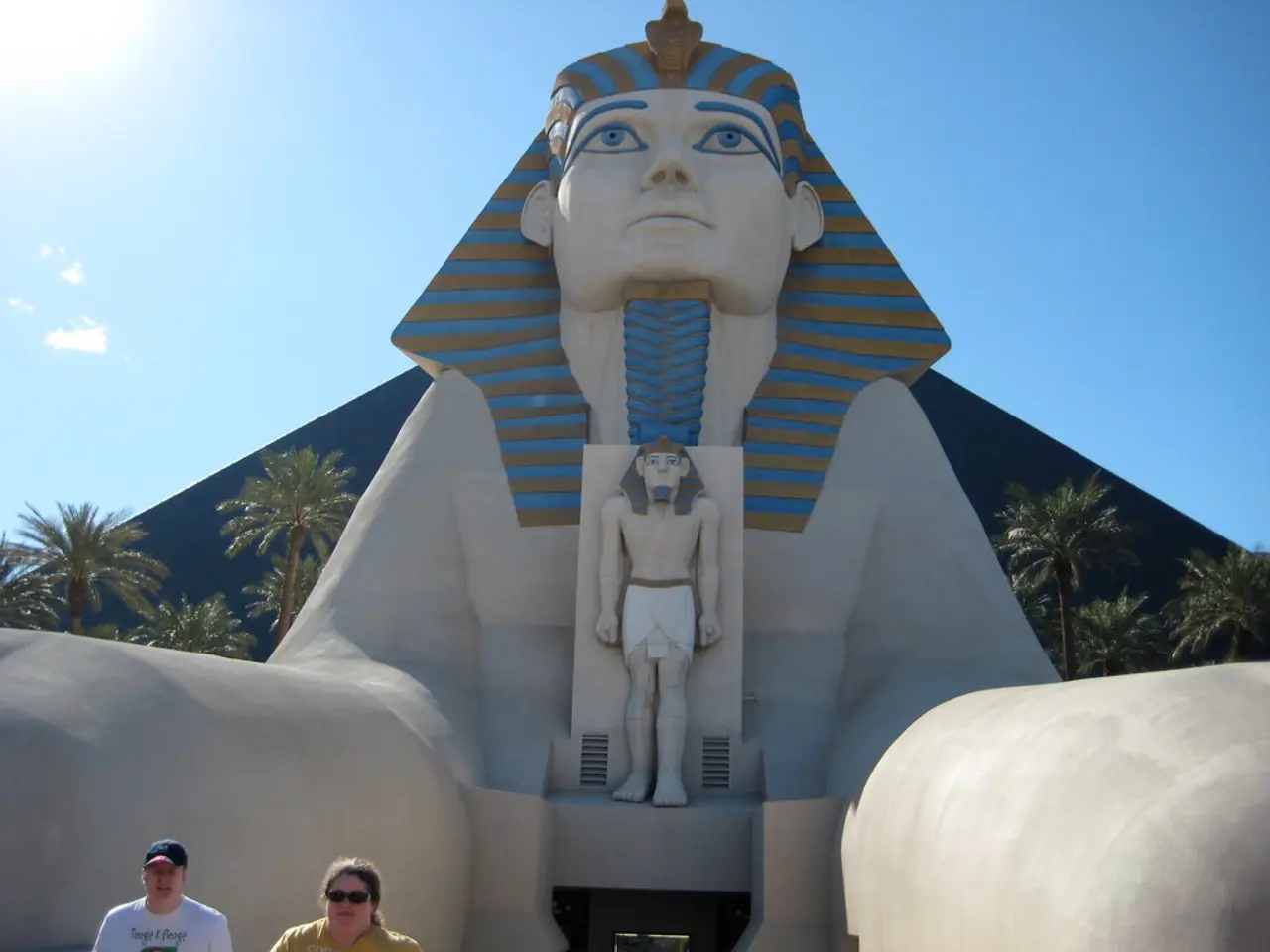The individual referred to as "El Makabelico" is a rapper who has incurred sanctions from the United States authorities.
El Makabelico, whose real name is Ricardo Hernández Medrano, has made a significant impact in the Mexican hip-hop scene. Known for his signature masked performances and songs like "El Sobrino" and "El Two Six", the rapper has amassed millions of followers on social media platforms. However, his career has been embroiled in controversy following sanctions by the U.S. Treasury Department.
The U.S. Treasury Department accused El Makabelico of having ties to the Mexico-based criminal organization, the Cártel del Noreste (CDN), also known as the Northeast Cartel. The Treasury Department alleged that the rapper was acting on behalf of the cartel and using his music career as a front for money laundering. Specifically, officials claimed that his concerts were vehicles to launder cartel money, and that as much as 50% of his streaming royalties were diverted to the cartel’s operation.
These sanctions, under the Foreign Narcotics Kingpin Act, reflect the seriousness of these claims and are relatively unusual for an entertainer. The Treasury's Office of Foreign Assets Control described El Makabelico as "owned, controlled, or directed by, or having acted or purported to act for or on behalf of, directly or indirectly," the Cártel del Noreste.
El Makabelico did not publicly respond to these allegations. The sanctions followed a broader crackdown by the U.S. targeting Mexican musicians with alleged cartel ties, including visa revocations for some artists, reflecting concerns about the intersection of music genres and narco-related activities.
Born in Nuevo Laredo, Tamaulipas, El Makabelico began his musical career under the artistic name of Nectar Lima. By 2017, he was known as "El Makabelico" and was signed to Del Records label in California. He is one of the most enigmatic figures in hip-hop and rap in Mexico, according to Apple Music.
This case highlights a complex relationship between entertainment and organized crime in Mexico, raising broader questions about the role of artists within narco-culture and law enforcement efforts against criminal financing. Mexico has an open investigation against the group for operations with illicit funds, although its members were acquitted for using the image of the drug trafficker. The U.S. and Mexican authorities have intensified their efforts against artists and singers of narcocorridos who have been linked to drug traffickers or supposedly make apologies for their violence.
The U.S. claims that alternative income like that from artists is necessary for the criminal enterprise to thrive and diversify its business. The Northeast Cartel, successor to the old Zetas, traffics in weapons, drugs, and people. The U.S. Treasury has sanctioned three leaders of the cartel: Abdon Rodríguez, Antonio Romero, and Franky Esqueda, and all property and interests in the U.S. of the sanctioned individuals are frozen, and transactions with them are prohibited.
In response to the sanctions, El Makabelico's channels on YouTube, Instagram, and TikTok were terminated. Despite this, he continues to have a significant presence on social media, with over one million followers. His music often revolves around drug trafficking and the criminal underworld of the border. One of his most popular singles is "El Chuki", from 2020.
This case serves as a stark reminder of the intertwined nature of entertainment and organized crime in certain circles of the Mexican music industry. As law enforcement continues to target artists with alleged ties to cartels, the role of these entertainers within narco-culture will remain a topic of interest and concern.
News of the U.S. Treasury Department's sanctions against Mexican rapper El Makabelico, also known as Ricardo Hernández Medrano, has sparked controversy in the entertainment industry. The sanctions, under the Foreign Narcotics Kingpin Act, were a result of allegations that El Makabelico was acting on behalf of the Mexico-based criminal organization, the Cártel del Noreste (CDN), and using his music career as a front for money laundering. This case raises questions about the intersection of music and narco-related activities, particularly in the general-news and crime-and-justice sectors. Despite the termination of his channels on YouTube, Instagram, and TikTok, El Makabelico continues to have a significant presence on social media, with millions of followers, and his music often revolves around drug trafficking and the criminal underworld. The backlash from these sanctions highlights the complex relationship between entertainment and organized crime in the news and music sectors.







